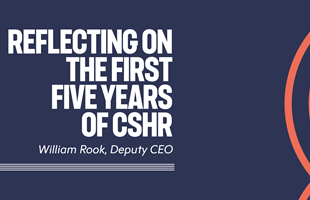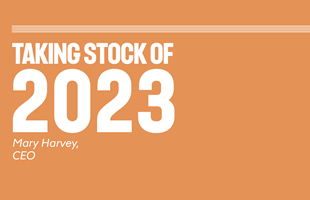Sport solidarity: How Sport Responds to Crisis – Lessons for COVID-19

In disasters, players, coaches and other volunteers involved in school and club sport are critical human rights defenders. My colleague David Rutherford today set out how community-based responses are critical during times of crisis. Elite sport is also rising to the challenges posed by the coronavirus pandemic showing solidarity with communities most affected. For example:
- In the UK, the football world is uniting with Gary Neville turning his hotel into a respite for NHS workers – free for them to use, and ensuring that all staff will still get paid even if they cannot come to work. Chelsea FC has taken similar action, turning the hotel at Stamford Bridge into a place of rest for NHS workers who need to stay on the front line.
- In the US, NBA teams and players have rallied together to make sure arena workers will still get paid even as games are postponed – similar moves have been made among Major League Baseball, NFL and soccer teams.
- In Italy, one of the worst affected areas of the crisis globally, teams from the hardest hit region in the north of the country such as AC Milan, Inter Milan and Atalanta are donating huge sums of money to hospitals in the region to support the efforts of health services.
In the current situation, such organisations can also reach out to local sports bodies and support them in responding to this new challenge. The help needed is often not financial, but spreading practical ways to help.
Building on my colleague Scott Jerbi’s recent IHRB blog on the crisis, sports organisations around the world should takes steps now including:
-
Having a plan – putting in place a clear roadmap for how you will respond to the pandemic by keeping people safe, promoting physical and mental wellbeing and ensuring nobody in your community is left behind. Basic resources from the World Health Organization can help.
-
Communicating proactively and transparently – scaling up the information you share on the ongoing situation, including what your organisation can do to assist people and any initiatives you have to keep people active, so that everyone in your community is aware and informed.
-
Emphasising safety – taking all possible steps to adjust what you do in ways that respond to public health objectives, including limiting non-essential travel, strengthening protocols for good hygiene, physical-distancing and working with public officials as needed.
-
Avoiding and mitigating harm to people – by placing the interests of people - all people - at the center of your response and leaving no one behind, you will be playing by human rights rules.
-
Offering support – we are seeing numerous examples of sports people and organisations at all levels supporting those most in need during this difficult time. The crisis will likely get worse in the coming weeks and months, with more closures and stricter lockdown measures. Consider how your organisation can support people who need help.
Sporting organisations at every level are having to make tough choices at the moment which can only be strengthened by putting human rights at the heart of decision making. Ongoing discussions about the Tokyo 2020 Olympics in recent days have included mounting criticism and concerns among athletes who fear not only for their health, but also for how they will train with facilities closing and how they will be selected with many of the qualifying events having already been cancelled.
In response, comments from IOC President Thomas Bach finally seem to be headed in the right direction by affirming that, “The IOC wants to be part of the solution. Therefore we have made it our leading principle to safeguard the health of everyone involved, and to contribute to containing the virus.” Indeed, with Canada now indicating it would withdraw athletes, dialogue with athletes and affected groups becomes ever more paramount. Clarity, transparency and leadership consistent with international human rights standards have never been more important.
There are many instances where sport is rising to the challenges posed by the COVID-19 pandemic and showing solidarity with communities most affected. The Centre for Sport and Human Rights will start amplifying these from today using #sportsolidarity on Twitter. We invite you to join us.



